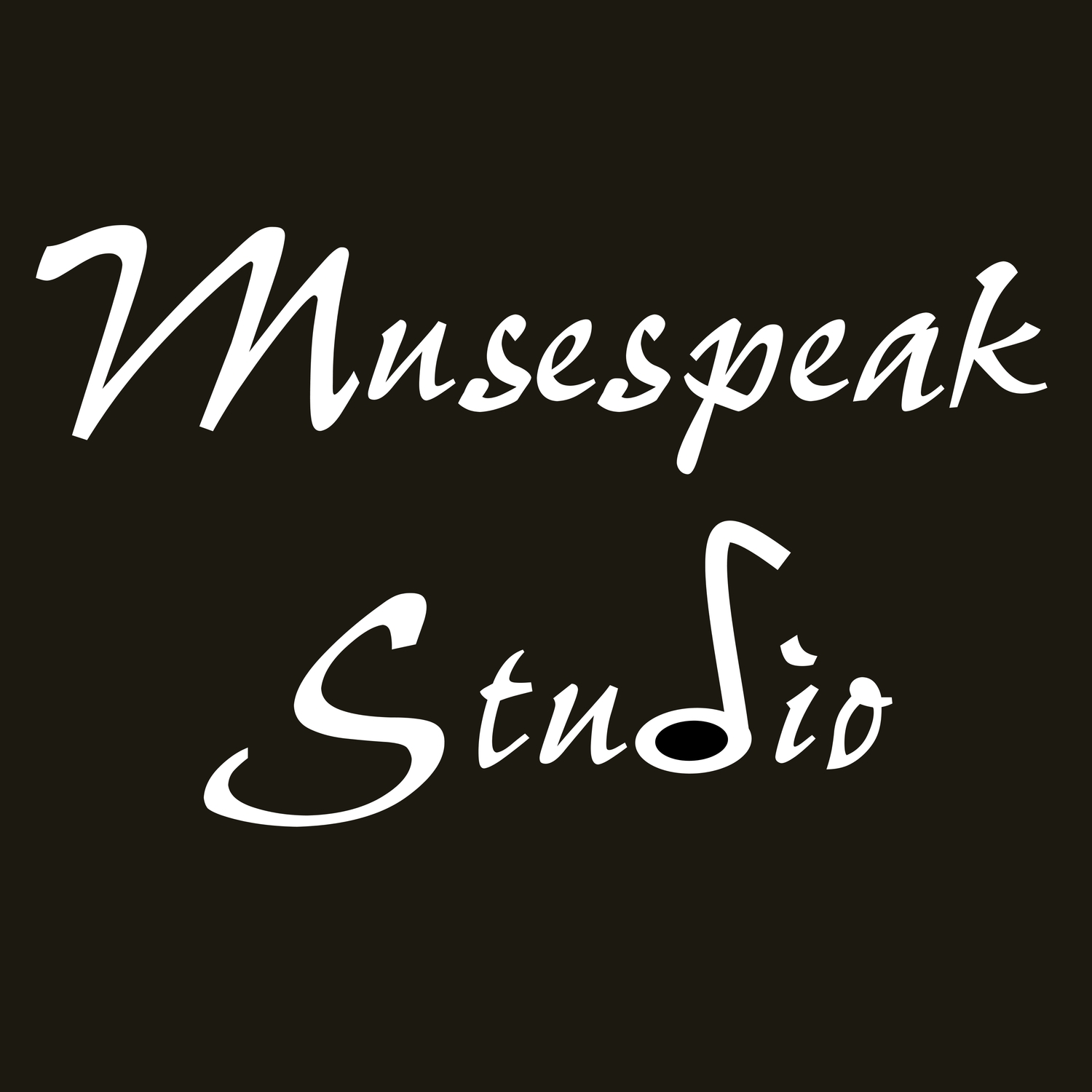One of my piano parents inquired what makes music lessons so attractive to university faculties such as medicine and engineering. In the 1990s, Lewis Thomas, a physician and biologist conducted a study on undergraduate majors of medical school applicants. Of all successful applicants, 66% of them were music majors.
Closer to home, I can tell you that many of my former teacher's students have gone on to study engineering, another demanding program. One of the best pianists from my university piano class went on to be a surgeon. Another friend earned the Gold Medal in his graduating class at the University of Lethbridge and later went onto become a Rhodes Scholar, completing his Ph.D. thesis analysing the works of writer James Joyce, while playing trombone in community orchestra - for fun!
Music study involves so many parts of the brain, teaching everything from creative expression to analysis, ingenuity to working under pressure and from self-discipline to project management. And much more. These are all skills that are valued in medicine and engineering.
I have done a couple of blog entries on how "music lessons make you smarter" ("A New Study on the Benefits of Music Education" and "Why Study Music"). But don't take my word on it. Check out Will Piano Lessons Make My Child Smarter?
